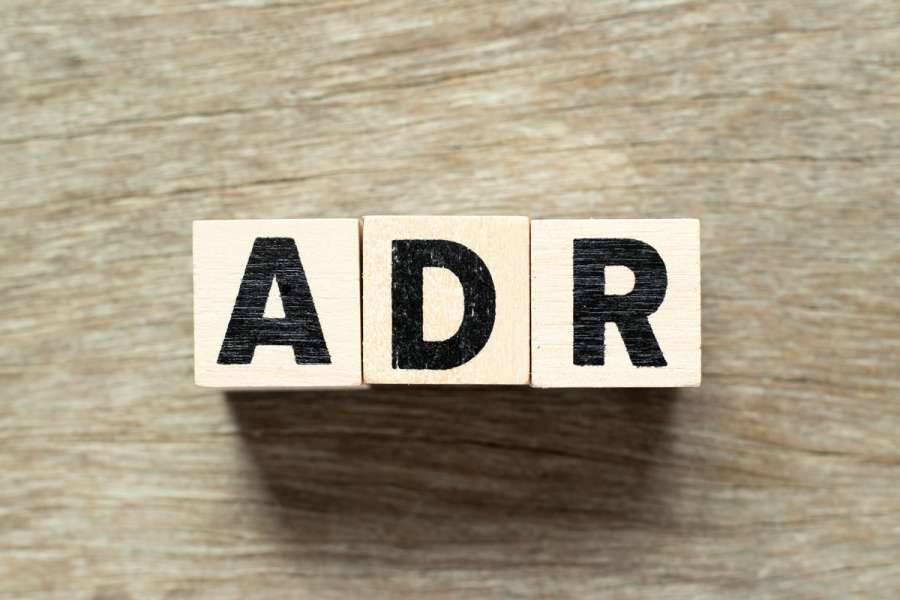Losing a loved one and dealing with grief is never easy.
It can be made considerably worse if a family dispute arises as to how a deceased’s estate should be distributed.
Disputes can result in expensive and time-consuming court proceedings, which can put a long-lasting strain on family relationships.
If a Will dispute arises, it is important to be aware of options for Alternative Dispute Resolution (ADR).
These can include a wide range of resolution processes that parties can use to narrow controversial issues and settle disputes, often with the help of a third party.
Mediation is one of the most common ways to facilitate a resolution of Will disputes.
The mediation process can also help in preserving fractious and fragile family relations.








